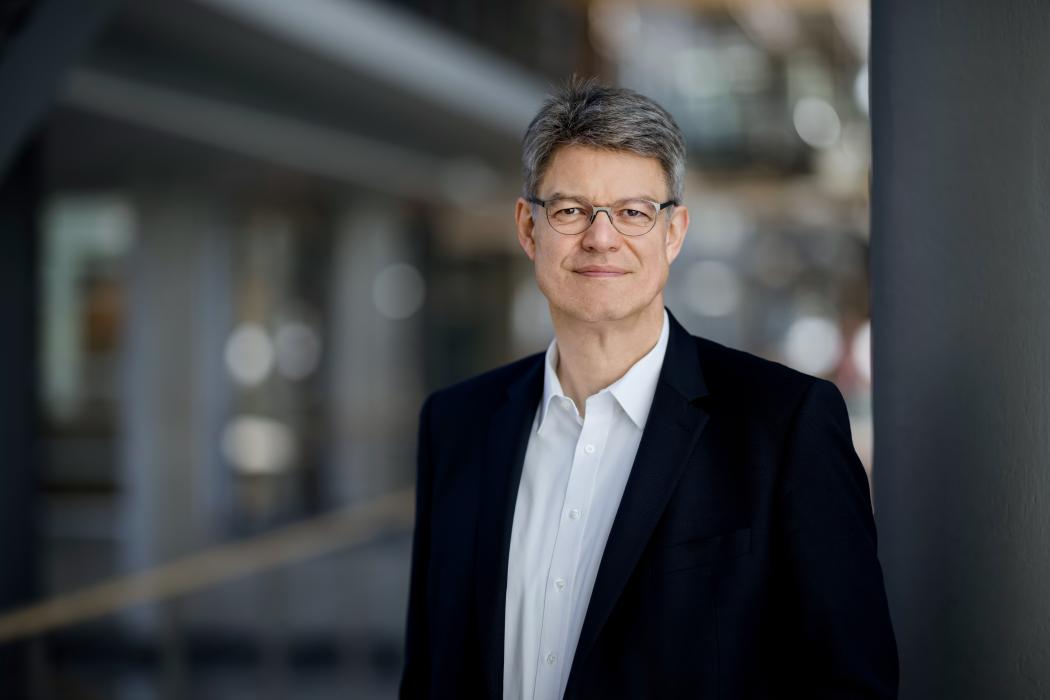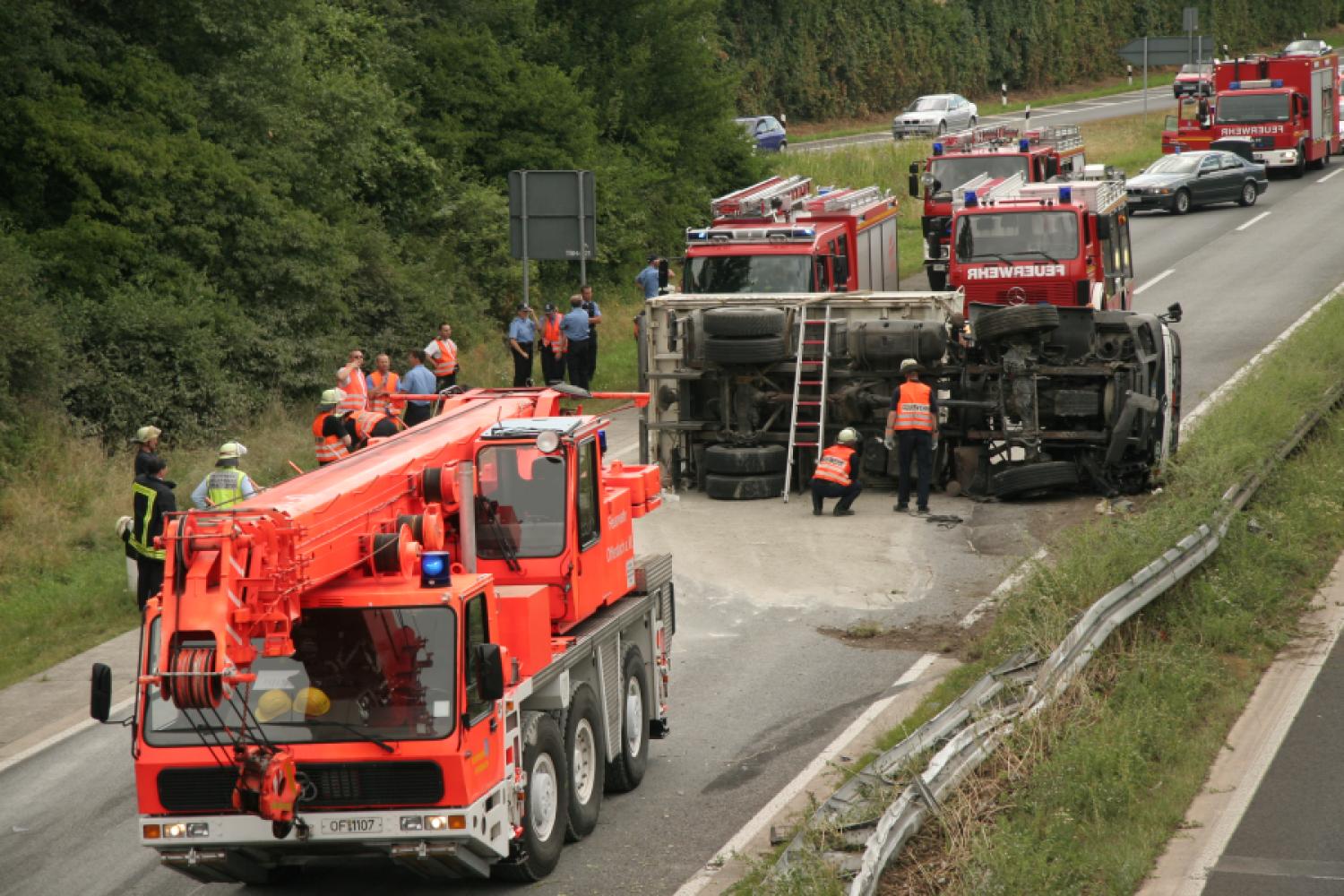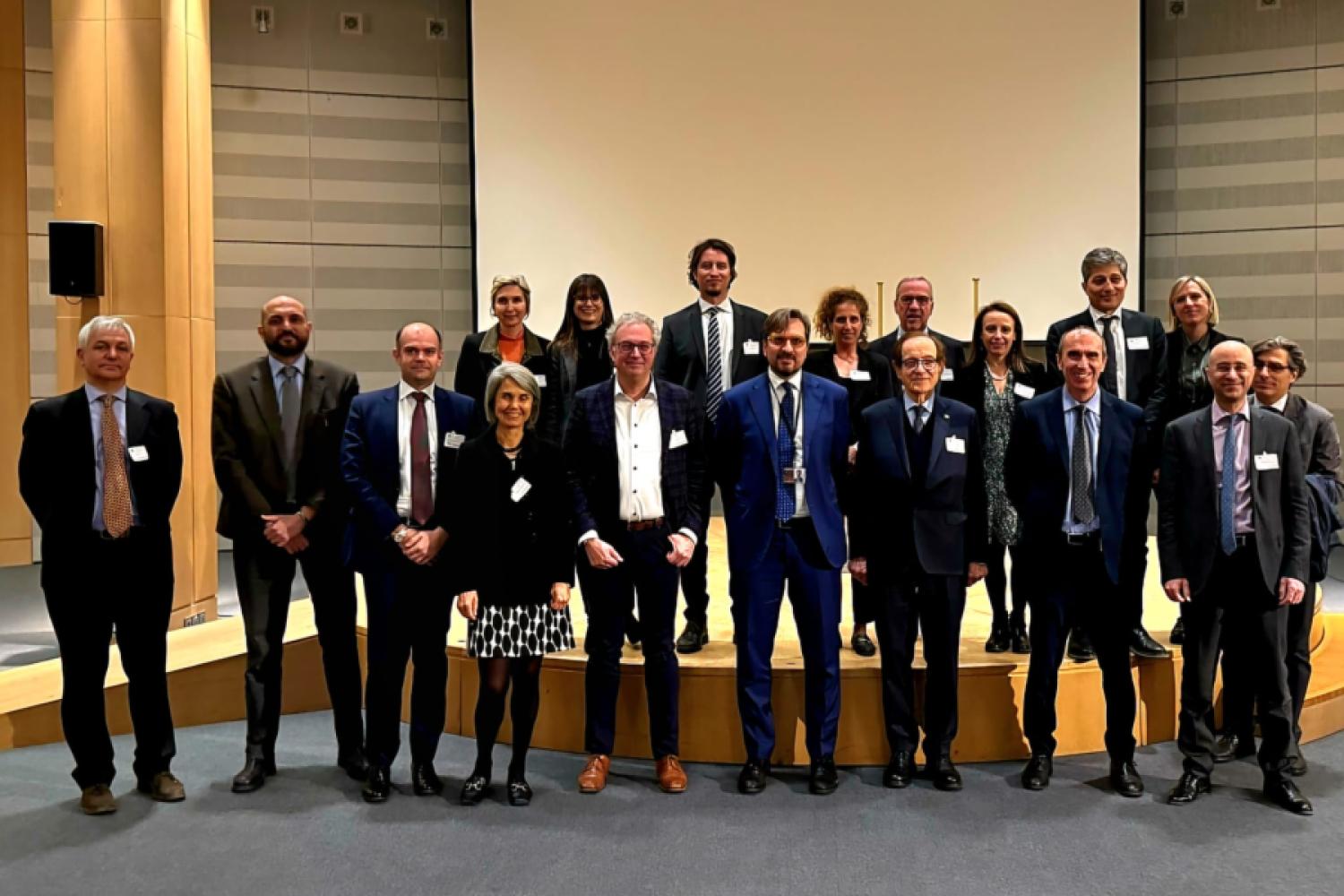In the German Bundestag, Federal Transport Minister Patrick Schnieder presented the draft budget law for the year 2025. In his speech, he emphasized the relevance of efficient infrastructure measures, particularly for roads and freight transport.
To be able to realize infrastructure projects in Germany significantly faster in the future, the Minister wants to rely on modern technologies and simplified procedures. The Minister made this clear using the example of a bridge in Oberhausen-Sterkrade.
The structure of the A516 needs to be renewed for safety reasons. According to the Minister, the new construction will be significantly faster than usual using innovative methods. Instead of a construction period of 24 months, the measure is expected to be shortened by 17 months. Prefabricated components made of high-strength concrete, which are produced in advance and assembled on-site, are intended to accelerate
the implementation. Schnieder announced:
"New and rapid procedures will significantly shorten the construction time."
He referred to the project as a model for future construction projects.
The focus of the speech was also on the planned transport investments. For the current legislative period until 2028, the federal government plans expenditures amounting to 166 billion euros. Of this, over 100 billion euros will be allocated to the railways, 52 billion euros to federal roads, and eight billion euros to waterways. According to Schnieder, this corresponds to an increase in investments of more than 60 percent compared to the years 2020 to 2024.
To finance this, funds from various budget sources are to be used. In addition to Single Plan 12 of the transport department, funds from the special fund "Infrastructure and Climate Neutrality," the Climate and Transformation Fund,
and items in the defense budget (Single Plan 14) are to be used, which are managed by the transport budget.
The special fund has three priorities: strengthening the railway network, digitizing the railways, and additional funds for roads, specifically for bridge renovation. For this purpose, the federal government is providing 12.5 billion euros over the next five years.
The Minister made it clear that the need for bridge renewals is considerable. In the core network of motorways, around 4,000 partial structures need to be renovated or replaced. The total area corresponds to about 450 football fields. Around a third of this area, equivalent to 156 football fields, has already been modernized.
Schnieder also called for faster planning and approval procedures.
"If we tear down a bridge today and build a new one in the same place, a
simple approval process must suffice, regardless of the scope of the replacement new construction," he explained.
The goal is to grant approvals more quickly and reduce unnecessary bureaucracy. The federal government is currently working on corresponding key points, including a uniform procedural law and the statutory anchoring of the overriding public interest in infrastructure projects.
He emphasized that the priority of preservation over new construction should continue to apply. At the same time, he advocated not ruling out new construction measures for roads and railways. The goal is a balanced ratio of both types of measures. Planning security for the construction industry is a prerequisite for increasing capacities in the long term.
Schnieder concluded his remarks with the call to consistently implement the initiated processes.
"Now it has to be: Building instead of braking, excavators instead of






